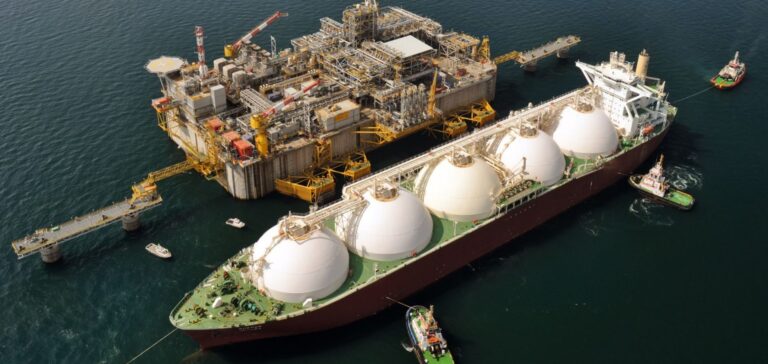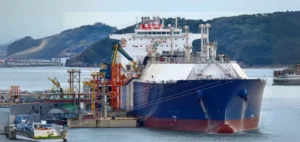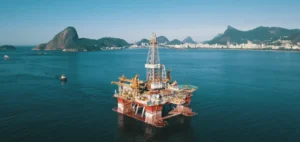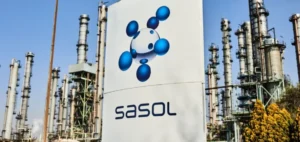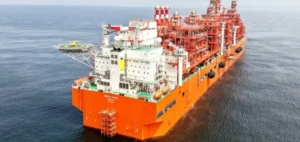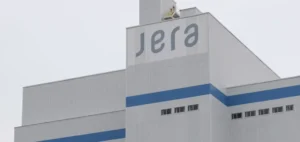A rush of LNG tankers could lead to a further increase in the price of gas. In fact, the high demand for fuel is leading to a lack of LNG tankers for transportation. Thus, vessel charter rates are also expected to increase as winter approaches.
A context of energy crisis
This situation is partly due to the ongoing energy crisis in Europe. Indeed, Russia’s invasion of Ukraine has put a strain on European gas reserves. Currently, it is facing a further spike in gas costs as well as a possible electricity shortage this winter.
Moreover, the strong demand is not limited to the European continent. Asia and Europe have been competing for LNG cargoes by seeking supplies from Qatar and the United States. Several elements impact the scarcity of gas availability.
As a result, the war in Ukraine is an important factor contributing to the shortage. In addition, breakdowns in the facilities also contributed to this condition. Then, as a result of the situation in Ukraine, the closure of Nord Stream 1 accentuated the pre-existing circumstances.
Increase in charter rates
Furthermore, given the current circumstances, charter rates for transport vessels will increase. This increase is expected as winter approaches due to longer trips needed to move more volume. This fact benefits the shipyards that are exploiting the booming market for LNG carriers.
New vessels will therefore be built but it would appear that they will not have a short-term impact on prices. This is due to the often very long construction time.
In this sense, forecasts estimate that spot charter rates in the Pacific may reach $400,000 per day. This price is for a round trip in winter.
Chartering activity is increasing in anticipation of the restart of Freeport LNG. Thus, several charterers reserve their vessels for this purpose, resulting in a lack of LNG carriers for spot voyages.
Strong demand for LNG carriers
At the same time, the demand for LNG tankers is exploding. Qatar is in the lead in this buying race.
Asian shipyards are struggling to meet the growing demand. In this sense, the South Korean company Daewoo Shipbuilding & Marine Engineering CO has made a statement on the subject. It says it expects LNG imports into Europe to grow exponentially. This statement confirms the trend that would boost the LNG carrier market.
To date, approximately 286 LNG carriers are on order worldwide until 2028. 165 of these will be delivered between 2024 and 2025. In addition, most of these vessels have a capacity of 170,000 m3 or more.


